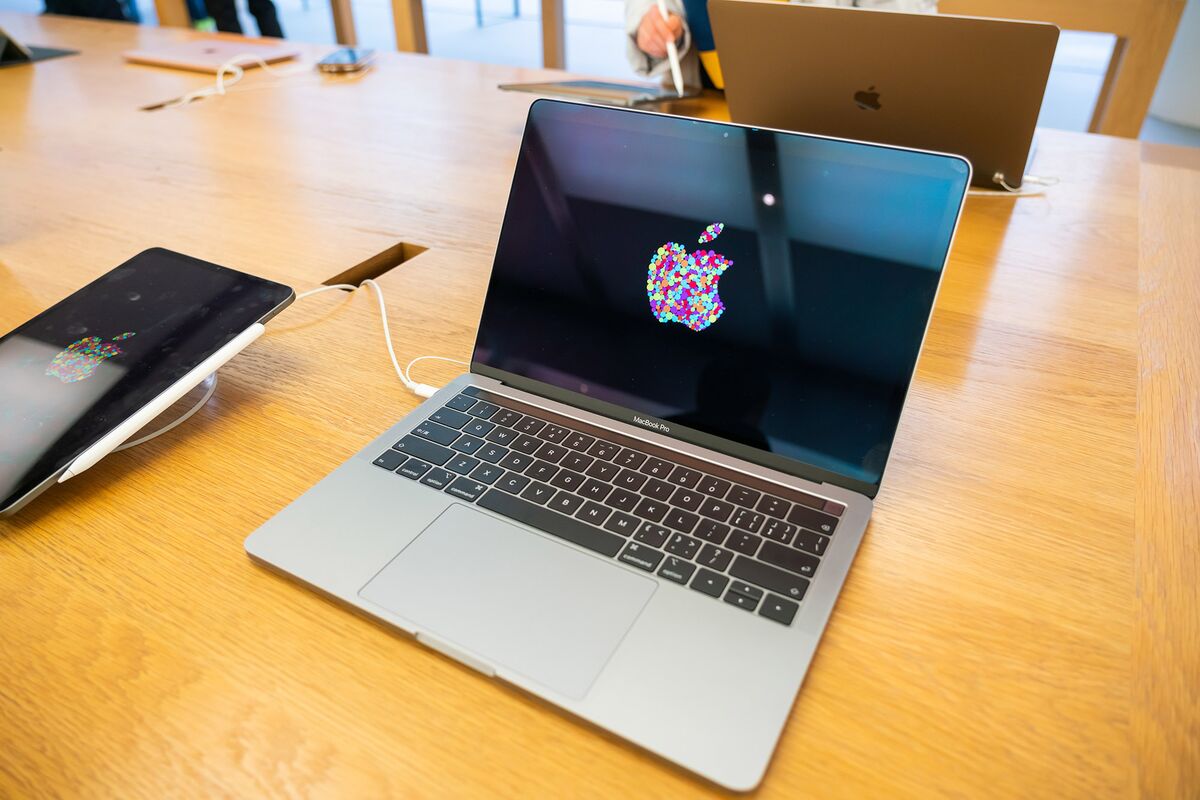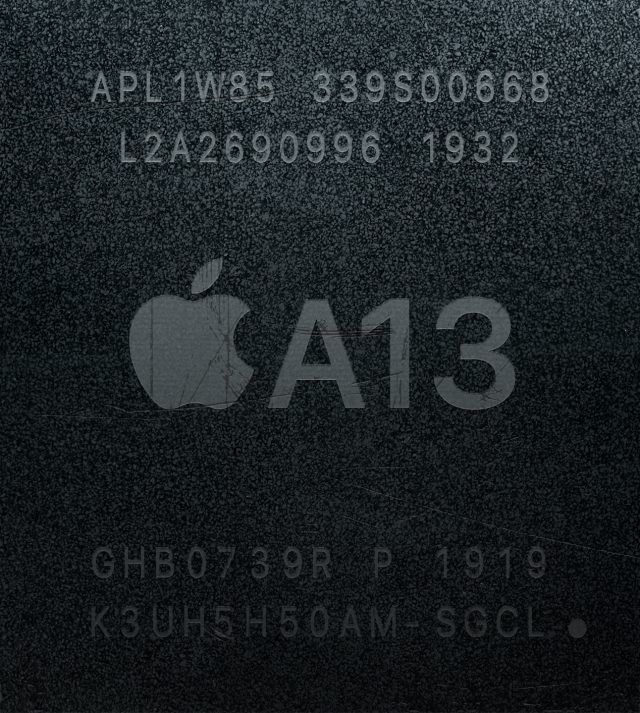Carlo_M
Senior HTF Member
- Joined
- Oct 31, 1997
- Messages
- 13,392
I know I've said my thoughts along this line in a few of the Apple product threads here, but Intel makes it official:
https://www.macrumors.com/2019/02/21/apple-custom-arm-based-chips-2020/
Just call me Nostradamus

https://www.macrumors.com/2019/02/21/apple-custom-arm-based-chips-2020/
Just call me Nostradamus





